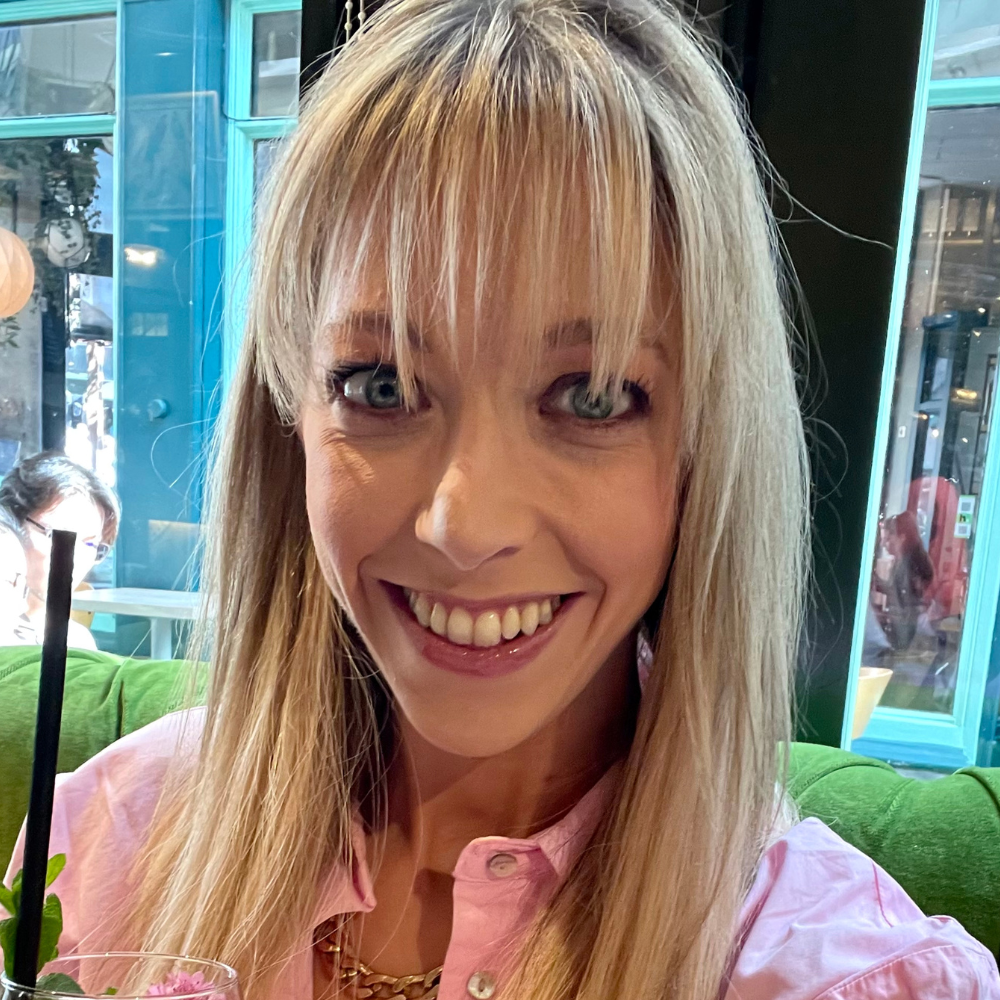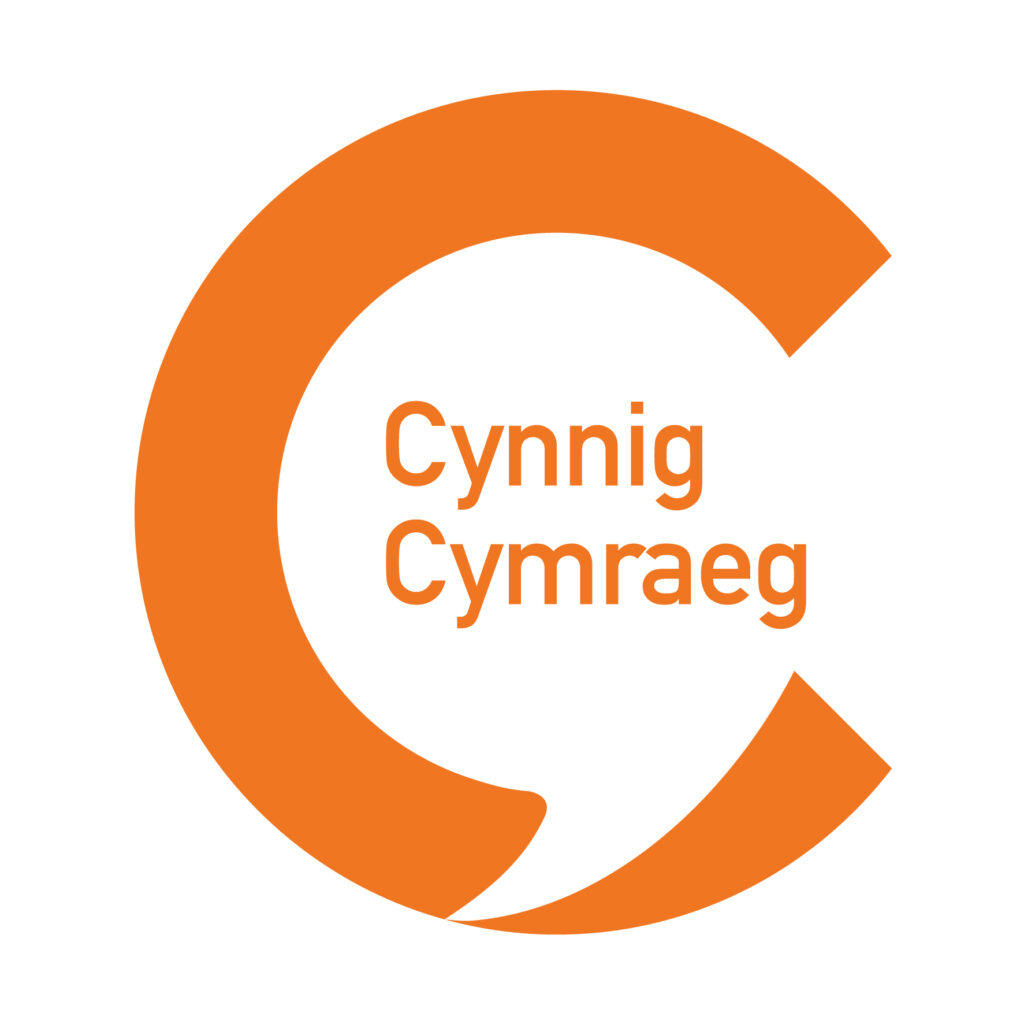The Cynnig Cymraeg is the Welsh Language Commissioner’s mark of recognition for organisations with a strong Welsh language development plan. It’s an an opportunity for organisations to show clients that they are proud of the Welsh language and are ready to use it. We spoke to Morgan LaRoche, a law firm that has recently achieved its Cynnig Cymraeg status, about the benefits to businesses in the legal sector, and their clients.
The Cynnig Cymraeg helps organisations promote the Welsh language services that are available, and encourages individuals to use them.
The intention of the development plan is to ensure that organisations develop their Welsh language services over time, and the Commissioner’s Hybu team is available to help along the journey. After creating a plan, it’s important that organisations show clients what Welsh language services are available – this is their Cynnig Cymraeg. With our support organisations will be able to submit their Cynnig Cymraeg for official recognition from the Commissioner and will then be able to use the exclusive Cynnig Cymraeg logo.
Morgan LaRoche Solicitors has offices based in Carmarthen and Swansea. Fiona Phillips, who works as a solicitor with the firm, has revealed her delighted that they were able to work towards, and receive, the Cynnig Cymraeg.
According to Fiona, receiving the Cynnig Cymraeg has been extremely important. She believes that receiving the Commissioner’s official approval ‘gave us that extra status. It encourages clients to use the Welsh language Services that are available, as the Cynnig Cymraeg clearly promotes what we can offer as a company’.
Fiona said:
“Offering Welsh language services enhances the experience for Welsh speaking clients. They feel more comfortable discussing difficult issues in their first language. Our service feels more personal when we speak Welsh with Welsh language clients, and they are able to better express their feelings by using their first language. ”
“Many have the perception that law is mostly an English language sector. Our Cynnig Cymraeg gives us a slightly different stamp and shows that we can offer services in Welsh. It also makes it clear to all of our staff what services we offer. “
Fiona also believes that wearing a Iaith Gwaith badge makes a difference to the company, adding:
“Wearing the badge makes it clear that I can speak Welsh, which encourages clients to start a conversation in Welsh . ”
Any company can order Iaith Gwaith badges for free by contacting the Hybu Team.
The Hybu Team are available and ready to help you work towards the Cynnig Cymraeg.
How does it work?
- Use the Commissioner’s online self-assessment system to identify your strengths and weaknesses;
- Download your template plan that includes a score for your current provision;
- Work with us to develop your Welsh language development plan and your CynnigCymraeg;
- Submit for official recognition from the Commissioner and the right to use the CynnigCymraeg logo;
- Share internally and externally, promote, celebrate, and measure the impact.
The Hybu team are understandably proud of every Cynnig Cymraeg that has been approved since the launch of the project, and believes the achievements must be celebrated. It’s important to draw attention towards the excellent Welsh language services that are being offered all over the country so that the people of Wales can take advantage of them.
How to start your Cynnig Cymraeg journey
The Commissioner is keen to work with a variety of businesses to develop their Welsh language services and to receive the Cynnig Cymraeg. The legal sector is a key area due to the nature of work with individuals and other businesses.
To join or for more information regarding the Cynnig Cymraeg, please e-mail hybu@cyg-wlc.cymru or visit the Welsh Language Commissioner website, here.



